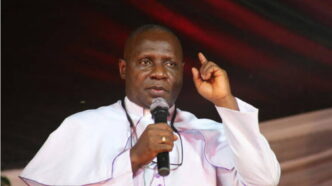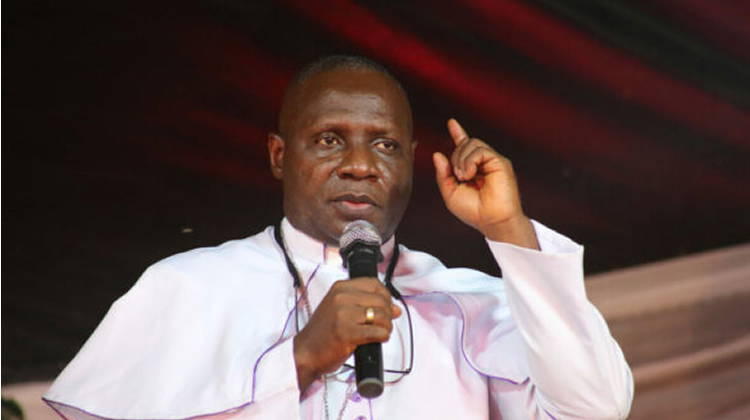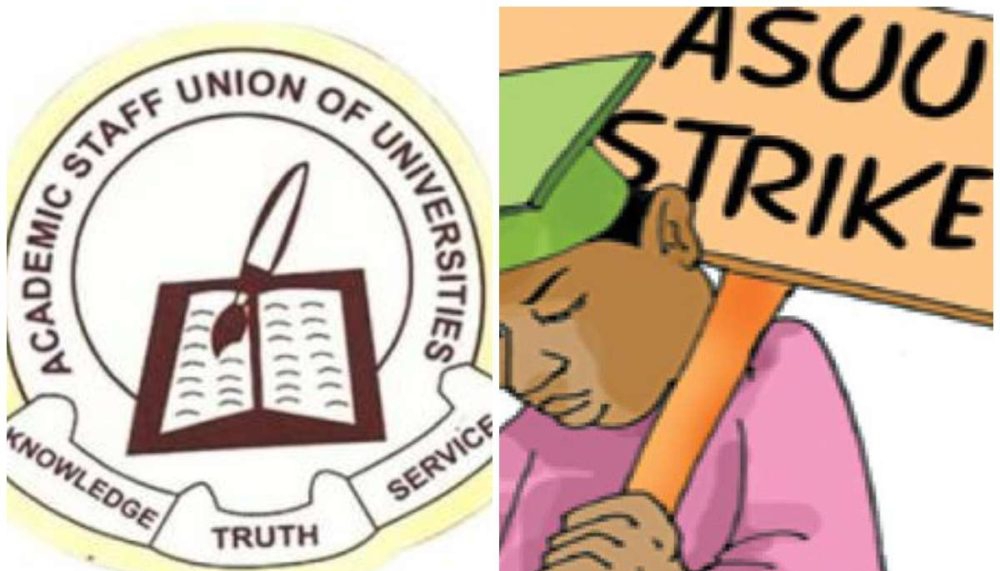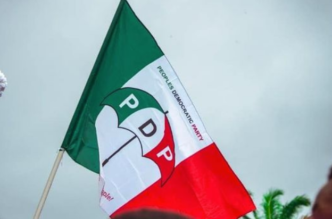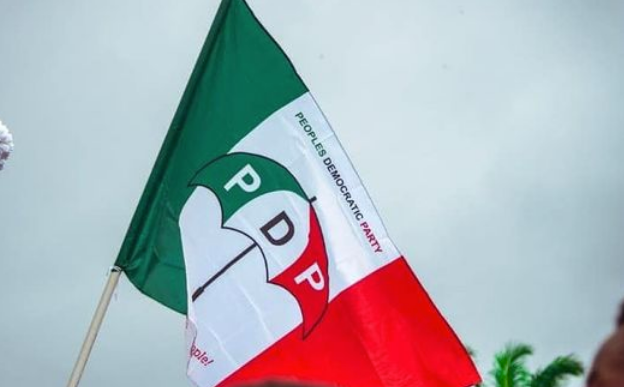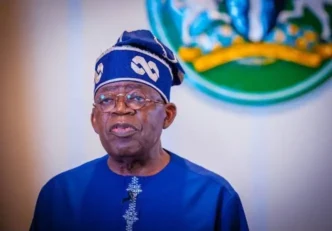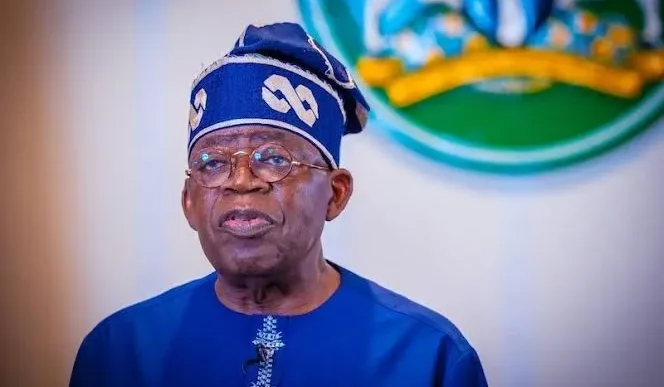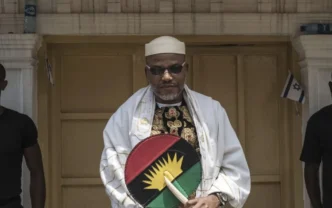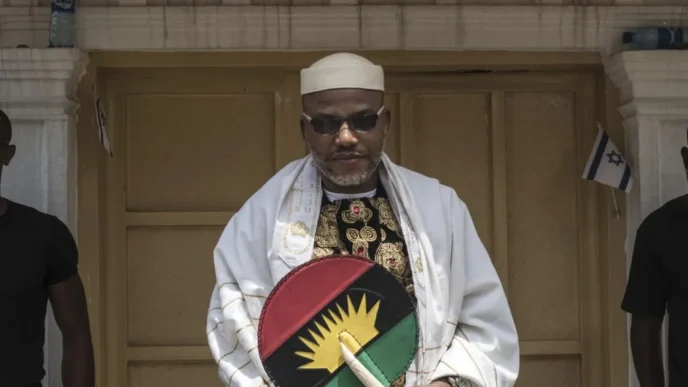The Christian Association of Nigeria (CAN) has issued a shocking and unexpected warning, declaring that Christian communities across Northern Nigeria and the Middle Belt are facing what it describes as a systematic genocide.
The statement has drawn national attention, especially as the group insists the pattern of killings and mass displacement can “no longer be ignored.”
The declaration was made in Jos, Plateau State, during the opening of CAN’s Fourth Quarterly National Executive Council (NEC) meeting.
The event, hosted by the state government, gathered church leaders from across the country.
The Christian genocide in Nigeria claim has, therefore, become a renewed point of concern.
CAN President, Archbishop Daniel Okoh, addressed the gathering with strong words.
He said the association “stands unwaveringly” by its long-held belief that Christian communities are being wiped out in a targeted way.
Moreover, he stressed that repeated attacks, lack of justice, and forced displacements match what he called a pattern of intentional destruction.
“It would be a grave injustice to deny the painful reality of what has transpired.
Lives have been brutally cut short, communities uprooted from their ancestral lands, families torn apart, churches razed, and hopes shattered,” Archbishop Okoh said.
“CAN has spoken clearly and courageously on this matter, and we stand by our position that there is Christian genocide in Nigeria.”
He recalled a recent visit to Bokkos, where thousands of Christians remain displaced after waves of attacks.
He described the emotional trauma and physical damage observed among the victims.
In addition, he assured them of continued support, saying, “We declare with one united voice: you are not forgotten. The Body of Christ stands firmly with you.”
Furthermore, Archbishop Okoh lamented that many villages have been destroyed without any justice.
He said perpetrators continue to move freely while survivors have neither been compensated nor resettled.
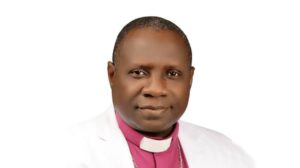
According to him, the rise in killings and kidnappings shows a national failure that needs urgent action.
He also noted that global organizations have begun paying attention to Nigeria’s long-running religious violence.
This development, he said, is painful but necessary if it pushes authorities to act.
“If international attention is what is required to spur decisive governmental action, then the Christian community in Nigeria welcomes it,” he stated.
Meanwhile, he called on the Federal Government to stop the “senseless destruction of lives,” restore security, and ensure justice for affected communities.
He added that the prolonged stay of thousands of internally displaced persons is a moral concern and a growing humanitarian danger.
“No individual should ever be persecuted or killed on account of their faith. This humanitarian crisis must be addressed decisively to prevent further escalation,” he said.
The Christian genocide in Nigeria claim was, therefore, restated with urgency.
He concluded with a strong commitment: “CAN will not relent. We will continue to demand justice, call for accountability, defend the vulnerable and advocate for peace and unity.”
